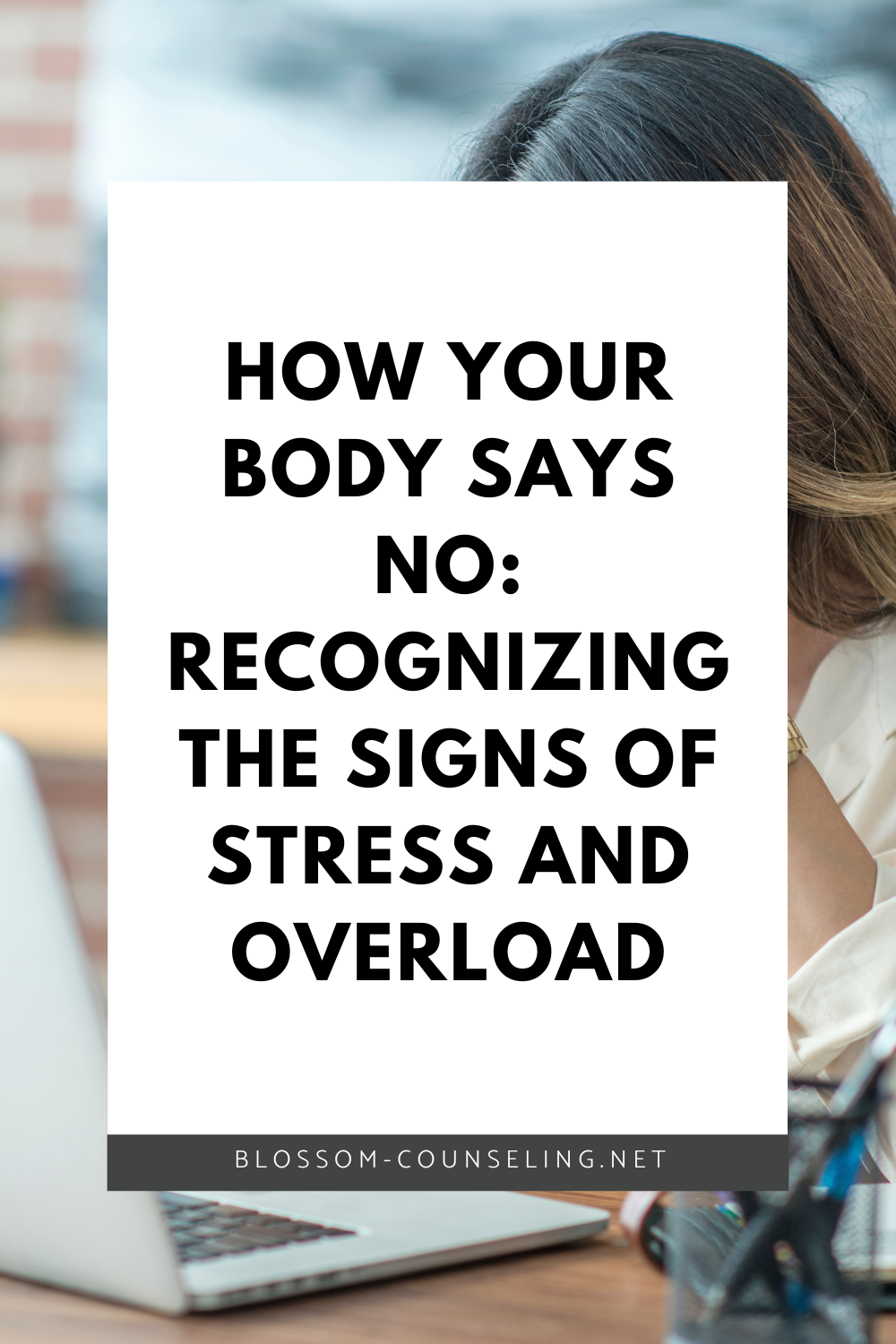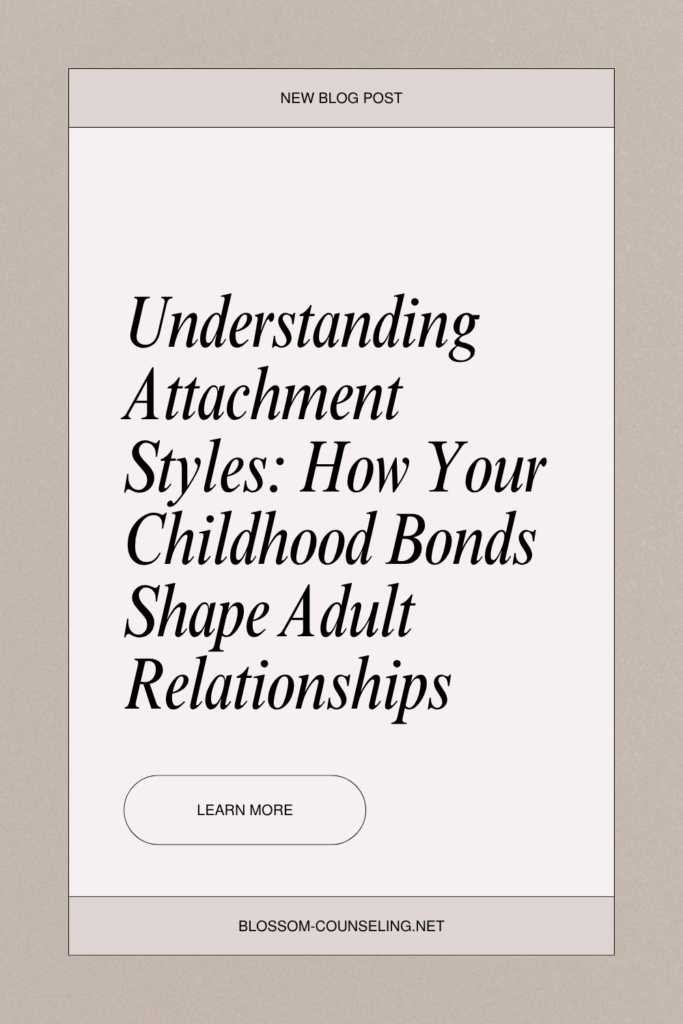
Ever had that feeling where your body seems to be screaming at you to slow down, but you’re not sure why? Maybe it’s a sudden headache, a nagging ache in your neck, or that frustrating inability to focus no matter how hard you try. These aren’t random occurrences—they’re your body’s way of saying “no.”
When life gets overwhelming, our bodies often step in to communicate what our minds might ignore. It’s not just about burnout or fatigue; it’s about recognizing the intricate ways your body responds to stress, boundaries being crossed, or unmet needs. Let’s explore how your body might be trying to tell you something and what these signs could mean.
The Physical Whisper Before the Shout
Our bodies are remarkably intuitive. Long before you feel completely overwhelmed, there are often subtle hints:
- Tension in the Neck and Shoulders: These muscles tend to tighten under stress, signaling that you might be carrying more than just physical weight.
- Digestive Issues: Ever notice a stomachache or sudden nausea when you’re anxious or overcommitted? The gut is often called the “second brain” for a reason—it reacts when you’re under duress.
- Frequent Illness: Stress can weaken the immune system, making it easier for colds, flus, or other illnesses to take hold.
- Sleep Disruptions: Trouble falling asleep, staying asleep, or waking up feeling exhausted? This could be your body’s way of highlighting internal unrest.
Emotional Exhaustion, Physical Manifestations
The mind and body are deeply connected. When emotional boundaries are ignored—like saying yes to something you genuinely don’t want to do—it often shows up physically. Chronic stress, for instance, doesn’t just live in your mind; it plants roots in your body, leading to fatigue, muscle pain, or even long-term conditions like high blood pressure or autoimmune flare-ups.
Sometimes, the hardest “no” is the one we need to say to ourselves: no to overworking, no to people-pleasing, and no to ignoring our limits. It can feel selfish, but it’s actually the ultimate act of self-preservation.
Learning the Language of Your Body
Recognizing how your body communicates is the first step toward reclaiming balance. Here’s how you can tune in:
- Pause and Check In: Throughout the day, take a few minutes to scan your body. Where are you holding tension? Are there any aches or discomforts? What could they be telling you?
- Track Patterns: Keep a journal of when symptoms appear. Do they coincide with stressful events, tough conversations, or overcommitment? Patterns can reveal triggers.
- Practice Mindful Boundaries: Saying no is an art form. It’s not about shutting people out; it’s about protecting your energy and prioritizing what truly matters.
- Rest Without Guilt: Rest isn’t laziness—it’s how we recharge. Give yourself permission to rest, even if everything on your to-do list isn’t checked off.
When Your Body Demands Attention
If your body’s messages are becoming louder—frequent illness, chronic pain, or overwhelming fatigue—it might be time to seek support. These signals can sometimes indicate deeper issues that require care, whether through therapy, medical attention, or lifestyle changes.
Ultimately, your body saying “no” isn’t a betrayal; it’s an act of self-preservation. It’s a gentle—or sometimes not-so-gentle—reminder to slow down, reflect, and realign with what truly matters. By listening to these cues, you’re not just managing stress; you’re building a life that supports your mental and physical well-being.
Our team of compassionate therapists is here to help you find the support you need. We believe in a holistic approach, treating your mind, body, and spirit. With a blend of traditional and alternative therapies, we tailor your experience to meet your unique needs. At Blossom, we create a non-judgmental space where you can be your authentic self. Our goal is to empower you, amplify your strengths, and help you create lasting change. Together, we’ll navigate life’s challenges and help you bloom, grow, blossom! You deserve to become the best version of you.




